Are you getting enough protein in your diet?
By Louise Belle BHSc (Nut Med)
Protein shakes, protein balls, protein bars – these are often used and talked about by health and fitness enthusiasts. Protein is one of the three macronutrients in our diet (the other two are carbohydrate and fat).
Did you know that there are also many different proteins in the human body? We have collagen – the major structural component of muscles, ligaments and cartilage, enzymes – we have about 2000 different ones, some are specific to digestion, others regulate blood clotting etc, antibodies – fight disease or infection and peptide hormones – such as insulin or thyroid stimulating hormone (TSH).
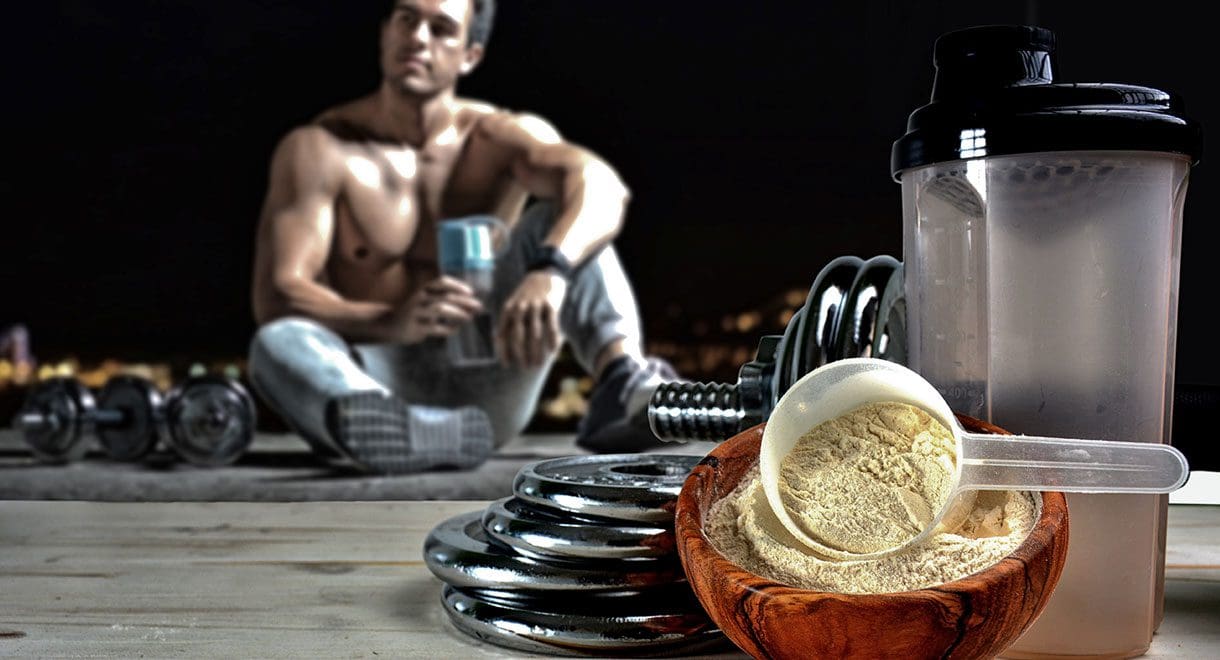

Protein has many different benefits
- Building and repairing muscles and other tissues
- Stabilising blood sugar levels
- Curbing appetite and keeping you fuller for longer
- The production of neurotransmitters for healthy sleep and mood
- Wound healing
- Supporting and strengthening the immune system
- Maintaining overall digestive health
- Healthy hair skin and nails
How much protein do you need?
This can depend on many different factors such as age, activity level and overall health, but as a general rule, we need 0.8g – 1g of protein per kilogram of body weight (and up to 2g of protein for athletes). A female weighing 65kgs with low to moderate activity levels would need about 52g of protein whilst a 90kg male who exercises regularly would require much more. Try entering your daily diet into a nutritional calculator (there are many apps that do this) and see whether you are meeting your protein needs.
Top sources of complete protein
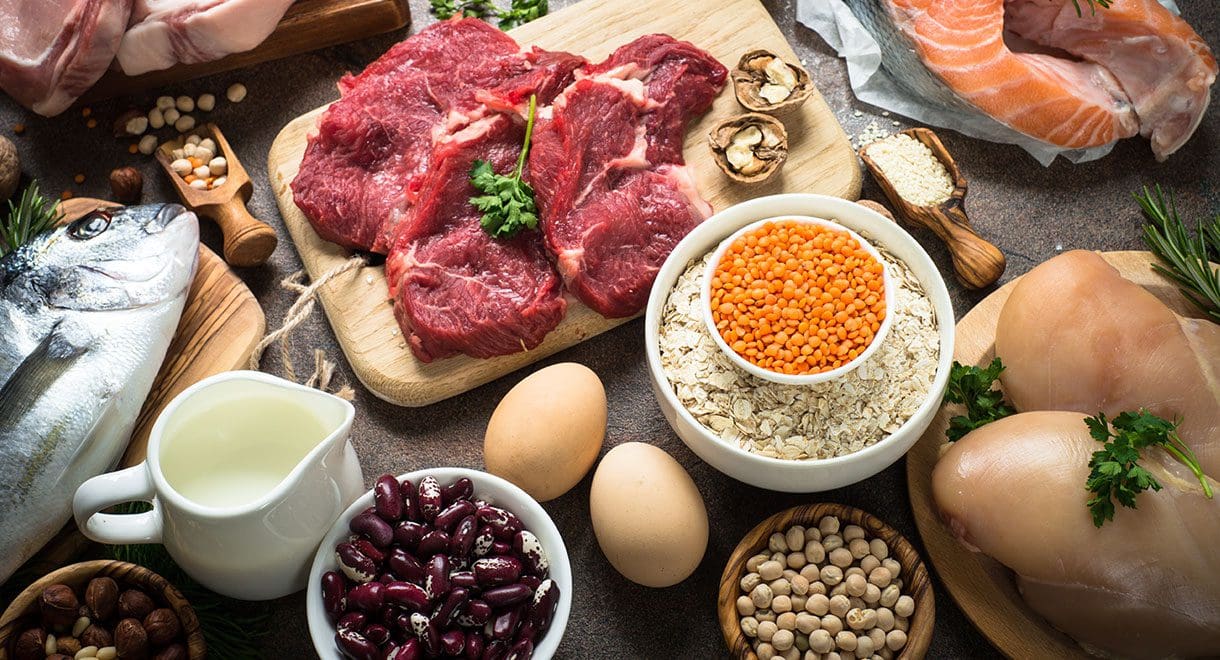

| Top sources of complete protein |
|---|
| Eggs | One large egg = 6g |
| Fish | 100g cooked = 23g |
| Cottage cheese | 3 tbsp = 9g |
| Tempeh | 1/2 cup = 19g |
| Kangaroo | 100g cooked = 21g |
| Quinoa | 1/2 cup cooked = 4g |
| Chicken | 80g cooked = 26g |
| Lamb | 2 slices roasted = 25g |
| Natural yoghurt | 200g tub = 12g |
| Synd X Protein Powder | 1 serve = 16.2g |
| Ultimate Superfood Powder | 1 serve = 9.5g |
Incomplete proteins
Most plant sources of protein are considered ‘incomplete’ proteins as they do not provide all of the essential amino acids. Essential amino acids are the ones that we need to obtain through our diet as we can not produce them in our bodies – there are 9 of these. Plant sources of protein provide some but not all amino acids, which is why it’s important to combine protein from at least two of the three plant categories:
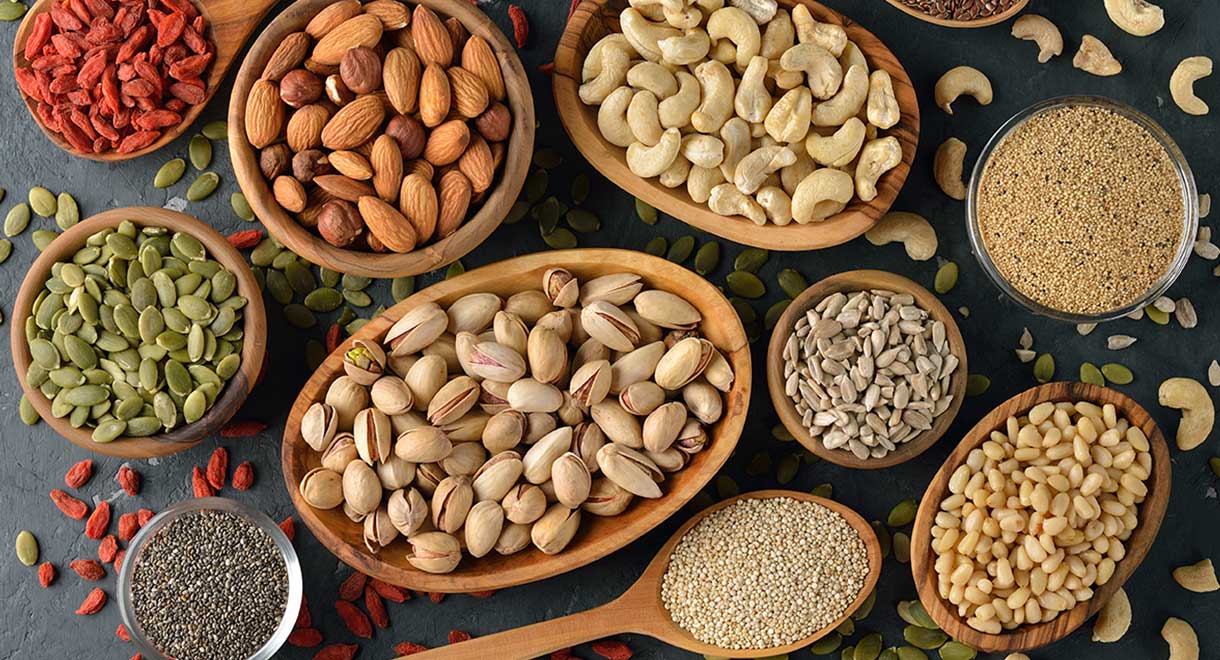

| 1. Nuts and seeds |
|---|
| Almonds | 1/4 cup = 7g |
| Chia seeds | 2 tbsp = 6g |
| Pumpkin seeds | 1/4 cup = 7g |
| Cashews | 1/4 cup = 4g |
| 2. Legumes |
|---|
| Lentils | 1 cup cooked = 18g |
| Black beans | 1 cup cooked = 15g |
| Kidney beans | 1 cup cooked = 15g |
| 3. Grains |
|---|
| Brown rice | 1/2 cup cooked = 2.5g |
| Amaranth | 1/2 cup cooked = 3.5g |
| Barley | 1/2 cup cooked = 2.5g |
If you struggle to meet your protein requirements it can be beneficial to use a protein powder. Synd-X Protein Powder contains whey protein concentrate from grass-fed New Zealand dairy cows, is very low in carbohydrates and does not contain any fillers, sugars or artificial sweeteners.
For delicious recipes that utilise good sources of protein, see the book I Can’t Lose Weight and I Don’t Know Why.




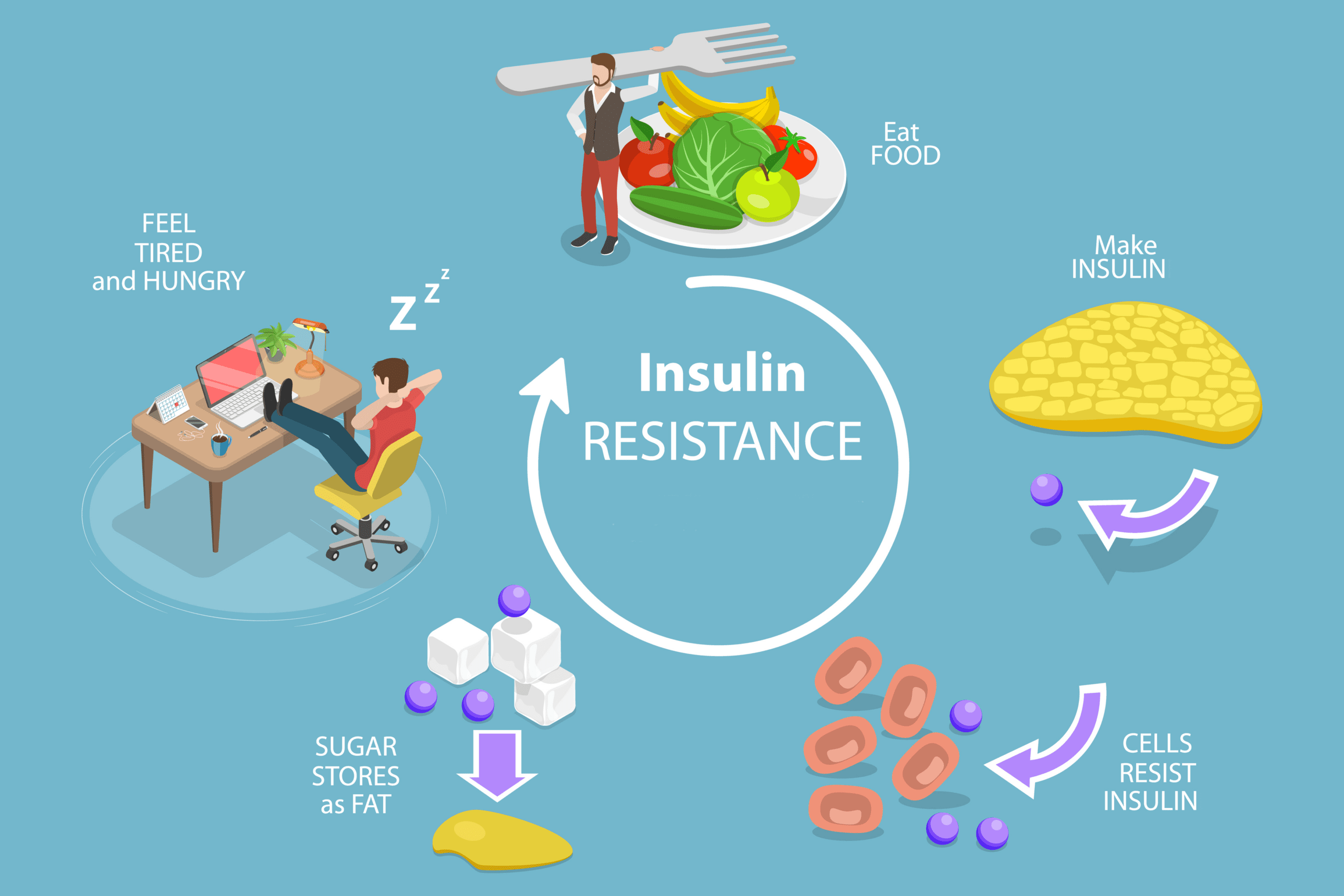



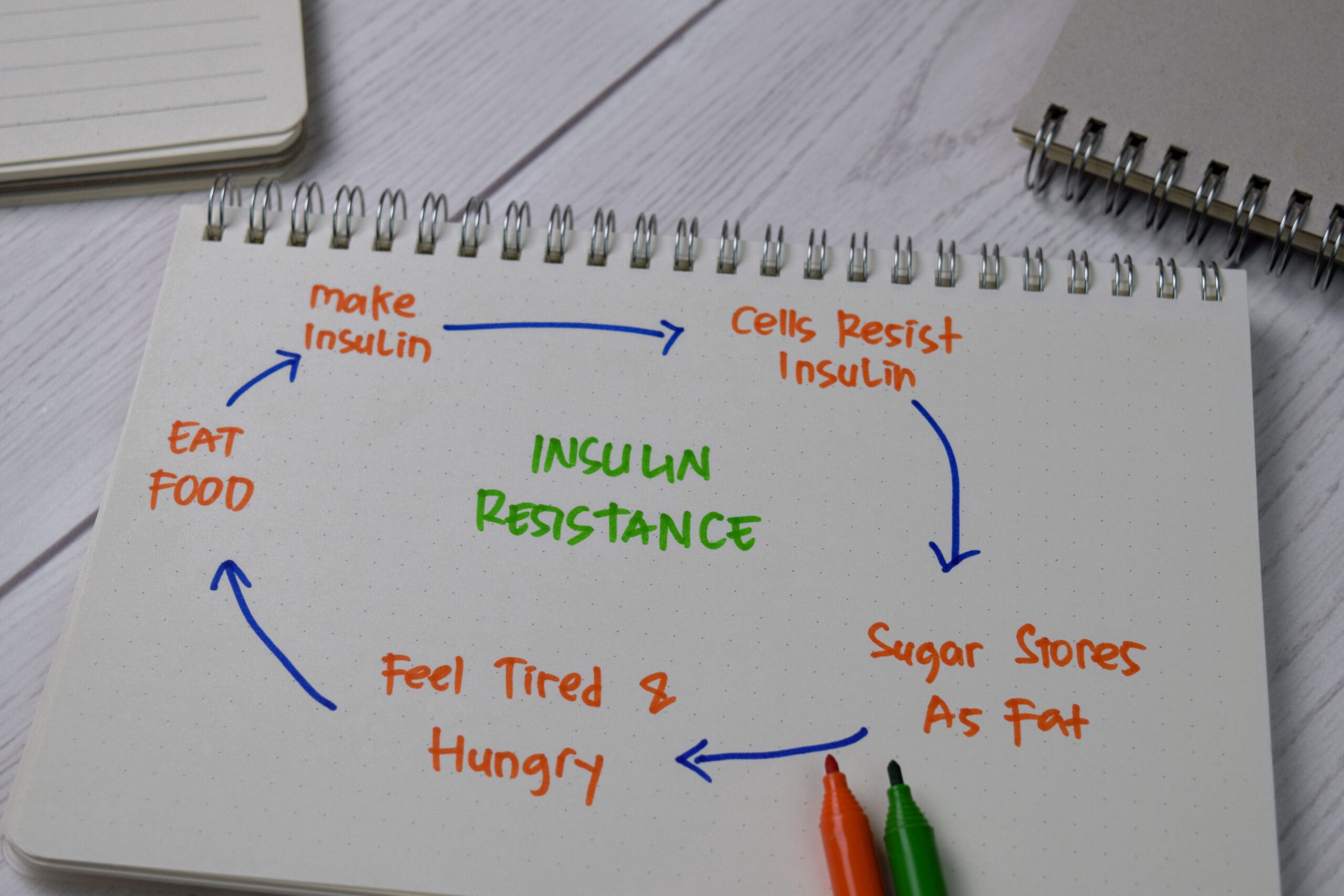
How many grams of protein should a 65 yr old woman have please?
Hi Patsy,
Protein requirements greatly depend on weight. How much do you weight?
Kind regards,
Louise